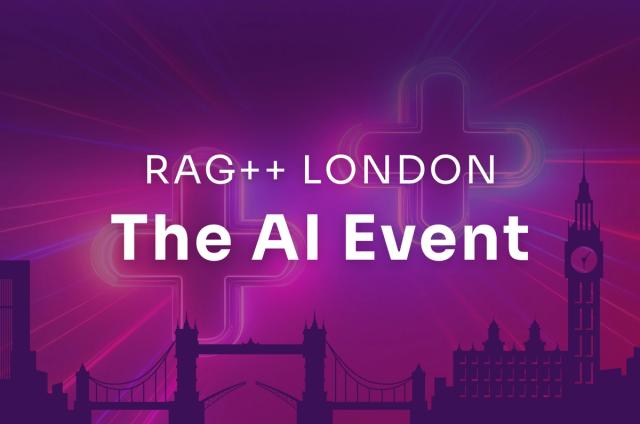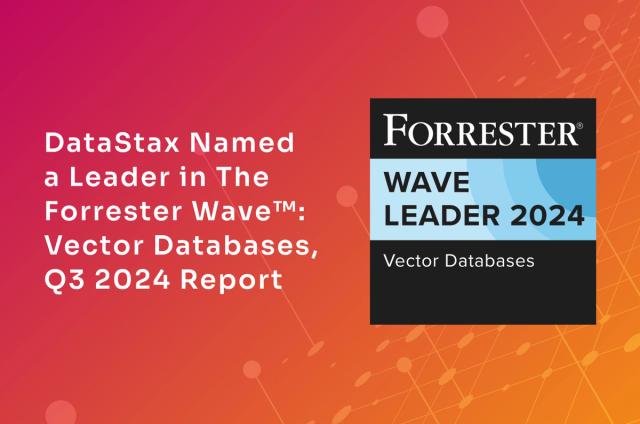3 Things I Learned from The Apache Cassandra® Corner Podcast

People know Apache Cassandra® as the world’s most scalable database, one that’s relied upon by some of the world’s most successful brands including Netflix, Apple, Uber, and FedEx, among many others. But Cassandra and the community that surrounds it is full of surprises, a few of which I discovered during the recently completed first season of my podcast, The Apache Cassandra Corner.
In my conversations with members of the community, I repeatedly came across three themes that deserve to be called out.
Cassandra the career booster
Cassandra has literally shaped the careers of many members of the community. After learning Cassandra at one company, many folks have been recruited by some of Cassandra’s largest users. Starting on a small cluster only to be recruited to work with hundreds or even thousands of nodes at a big enterprise is a common story – and an awesome testament to the value of learning the ins and outs of Cassandra.
This story rings true for Mick Semb Wever. Mick started working with Cassandra while he was a senior engineer at FINN, an online marketplace headquartered in Norway. He introduced the database into the organization, and rapidly became an expert in working with Cassandra.
In 2015, he was hired by Aaron Morton, who ran a well-known Cassandra consulting company called The Last Pickle. DataStax (my employer) acquired the firm in 2020. Today, Mick is a Solution Architect at DataStax and chairs the Cassandra project management committee. This means that Mick is now responsible for guiding Cassandra’s development journey.
Alexa Simon, a senior data engineer at Realeyes, had a similar experience when she was looking for a new role; her Cassandra experience came in handy.
“My two interviewers had seen that I had worked with Cassandra; so the whole interview was just talking about Cassandra for over an hour!” she said. “I had applied for a Java engineering job, but they moved me to the Big Data team instead.”
A community of helpful people
I hear this one a lot. Many people have remarked to me about how they got stuck on their Cassandra journey and posted a question on the user list, the Apache Slack channel, or in the Cassandra tag on Stack Overflow. Not only did these “helpers” point them in the right direction, but they tended to be courteous and encouraging. Ekaterina Dimitrova, who is now a Cassandra project committer, was one of several people I’d spoken with who mentioned that the community played a role in helping her get started.
“It was a great experience, because there is a really good, nice community,” she said.
Ekaterina is paying it forward. Derek Chen-Becker, a senior AWS engineer and also a guest on the show, specifically mentioned her when he described the process of getting one of his patches into the project.
“Ekaterina has actually been helping me kind of navigate the build system,” he said. “She’s been awesome in pointing things out and helping me get this patch into shape.”
It’s important to remember that not all open source communities are this welcoming. It is actually easy to take this for granted when you’ve been in a great community for so long; hearing this over and over makes me proud to be a part of this one.
The database that takes your organization further
Most people who work with Cassandra got started with it out of necessity. Their project or website had hit a bottleneck with their current database, and they went looking for one that could handle their required scale. For many folks, Cassandra revealed itself as the optimal way to enable their product to grow the way it needed to.
A good example of this surfaced during my conversation with Jeff Beck, director of engineering at SmartThings. Jeff was expanding on the choice of Cassandra for use cases in the home television IoT space, such as authentication and identity management. Eventually, the needs of those systems required data to be replicated into different geographic regions.
“For us, the area that really locked us in for what works well for Cassandra was global availability,” he said. “For our team, it just works.”
In a later episode, I spoke with Udemy instructor Sarma Pydipally. He had used Cassandra for several years across a variety of infrastructure platforms ranging from bare metal, to virtual machines, to the cloud, and now on Kubernetes. Sarma used this example to expand on a key benefit of Apache Cassandra that I had not considered before:
“If the core is strong, you can put the product anywhere you want,” he said.
As Sarma pointed out, whether you are running your cluster on large, bare metal servers or on smaller container instances, it’s still the same Cassandra. The fact that it can be configured or adjusted to run on such a variety of underlying infrastructures speaks to the versatility and reliability that this database brings.
What’s next?
The first season of The Apache Cassandra Corner podcast was a success; it was full of great conversations with brilliant people. A big thank you goes out to all of them, and to everyone who tuned in.
Spotify, one of the platforms where this podcast is available, recently shared a year-in-review report; here are some of the more interesting statistics:
- 274 minutes of content — more content than 71% of all other podcasts in the technology category
- 878 plays across 13 episodes
- Played in 19 countries; the top five: the United States, India, Brazil, Germany, and Singapore
- In Spotify’s top 30% of most-followed podcasts!
For a niche, technical topic, these metrics suggest that the Cassandra community has a lot of active and inquisitive listeners. This has me particularly excited about season two. It’s going to begin with a heavy focus on the Cassandra Summit. In case you haven’t heard, the Cassandra Summit is hosted by the Linux Foundation, and will be held in San Jose on March 13-14. There will be some amazing speakers representing the Cassandra community’s largest and most prolific users.
In the coming months, we’ll be inviting many of those speakers to join us on the podcast to offer listeners a taste of the community “star power” which will be leading the way at the Summit in March.
Subscribe to the Apache Cassandra Corner podcast. Register for Cassandra Summit 2023 and use DataStax’s code CS23DS20 to save 20% on any pass.




